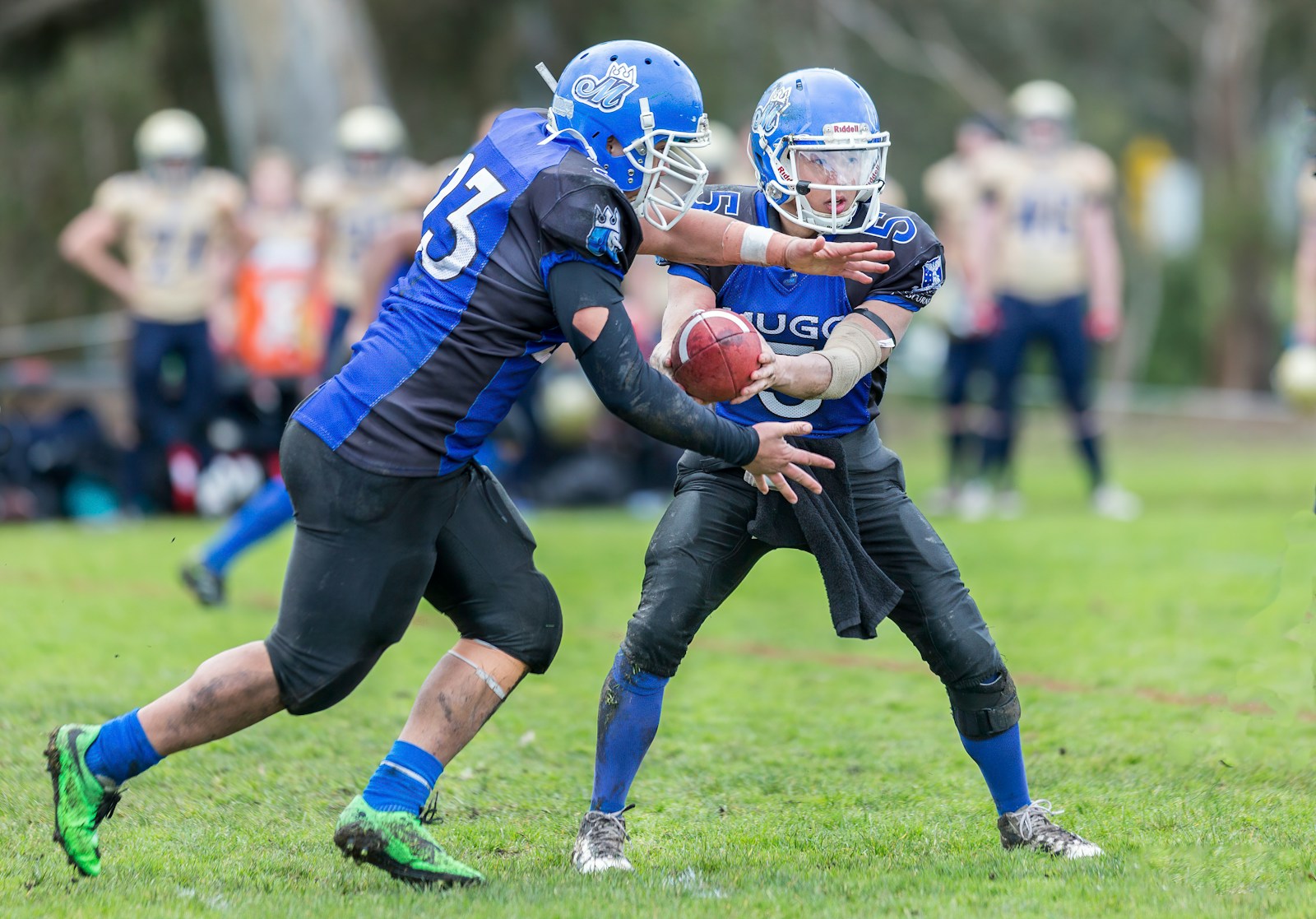It sounds like a nightmare scenario: you’re carefully backing your car into a parking space, corner, or out onto the road – and within the swiftest split second, there’s a tiny collision and your heart plummets down through your stomach, deep into the floor.
However, what may feel like something extremely serious doesn’t have to be the end of the world. Fender benders aren’t worth crying over – especially if it was just a tiny little accident. Of course that doesn’t mean they don’t require by-the-book actions.
Learn more below.
So What Happens Now?
First thing’s first, make sure everyone is safe. You may instinctually want to begin apologizing, but it’s important not to admit guilt. Whether or not the little accident was your fault isn’t important at the moment.
If everyone is safe, contact the police and get a report filed.
Contact your insurance provider as well to report the accident – even if it means higher premiums, it also means you’re protected against legal action and you could be covered for the damages of this accident in particular.
Document the accident and exchange essential information.
You will want to give the other driver your full name, insurance company, policy number, and insurance company phone number – and you’ll want the same information from them.
Be careful of drivers asking for more information.
All the info needed should be available through your insurance car, be wary of anyone asking for more information.
Get as much proof of what happened as possible.
Documenting collision site photos and pictures of the damage, even if the damage looks like nothing at all, can help determine later in time when the accident took place, from where which vehicle came and possibly even who hit whom. If things escalate you may need a car accident lawyer, so getting as much proof as possible is essential.
Remember, report everything.
No matter what happens. You’re almost always better off reporting the incident than “agreeing” not to report it only to be met with costs and complications of a serious lawsuit three weeks later.
There are Some Exceptions
While every little bump and scratch should be taken to your insurance company, you don’t have to involve a police officer if no one was hurt, the damage is minor, or the other driver accepts the blame and has handed you their insurance information. If you contact your provider at the site of the accident and get a concrete confirmation from them through an insurance claim number, then you don’t have to call 911.
Getting Covered After the Accident
If and when you did turn out to be the cause of the accident, and you’ve exchanged information, it’s a whole lot better to be working with the help of an insurance company than without one. According to the Association for Safe International Road Travel, roughly 37,000 people die in the U.S. due to road accidents every year.
This is out of what the U.S. Census claims to be 10 million car accidents a year. As such, the vast majority of today’s car accidents are non-fatal.
Many people are hesitant about contacting their insurance company in the event of a non-serious injury, because they’re scared that all it takes is a minor offense and they’ll instantly see their monthly insurance premiums rise.
But that isn’t necessarily true. If you’ve been a good driver, then a single little fender bender probably won’t be enough for your insurance company to truly consider changing the rates on you.
If your insurance provider does however hike up the rates, you have plenty of options to help turn the tables in your favor. You can take additional driving classes and show a committed effort to improving your driving skills, reducing your risk as a driver.
Whatever you do decide to do, it’s important to keep your insurance company in the loop. A liability insurance for cars estimate through companies like CoverHound can help you find an insurance provider who has auto insurance packages that will protect you, if you’re found to be at fault in an accident.


